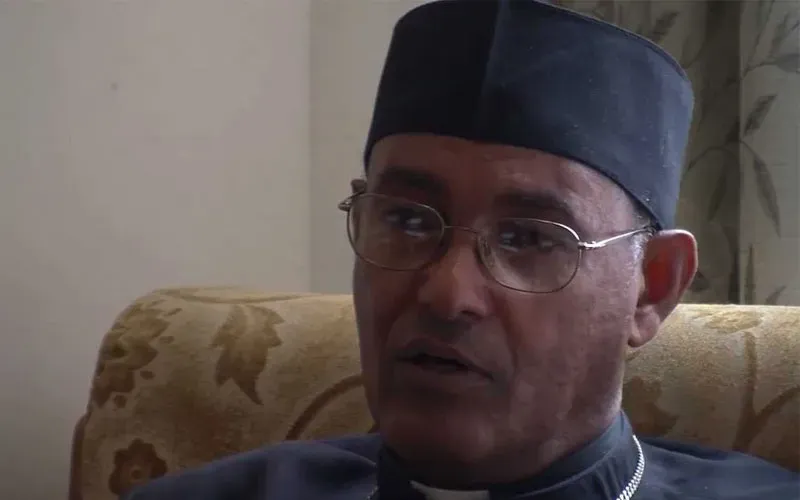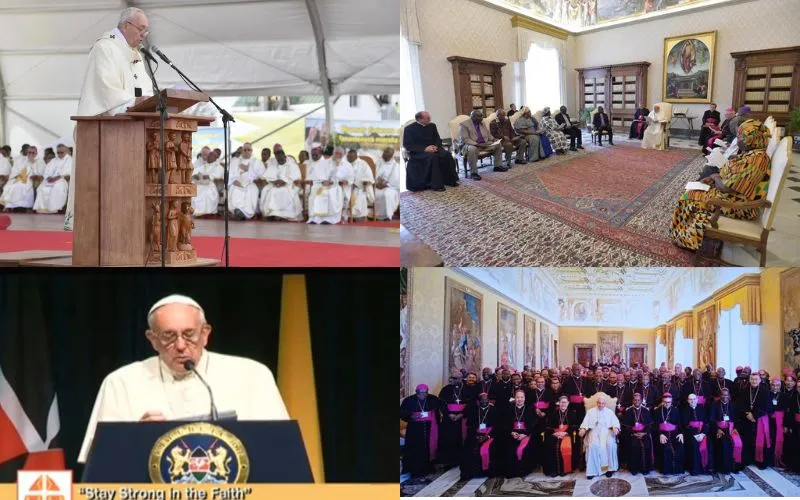Adigrat, 24 October, 2023 / 9:00 pm (ACI Africa).
With international attention now focused on the Israel-Palestine war, a Catholic Bishop in Ethiopia is appealing to world leaders not to forget the conflict in the country’s Tigray region.
In a statement issued Monday, October 23, the Bishop of Adigrat in the Horn of Africa nation says, “Now that the spotlight is mainly on the crisis in the Middle East, we do not want Tigray to be forgotten.”
“In the northern region of Ethiopia, people have been dying in a war for almost three years. It's really sad to witness the war scenarios that are getting worse all over the world,” Bishop Tesfasellassie Medhin laments.
Bishop Medhin says, “The international community must break its silence. Thousands of people continue to die. Violence and clashes are rampant in other regions of Ethiopia, and suffering people everywhere need peace, food, basic services and justice.”
Ethiopia's northernmost region of Tigray has been hit hard by civil conflict involving ethno-regional militias, the federal government, and the Eritrean military since November 2020.








